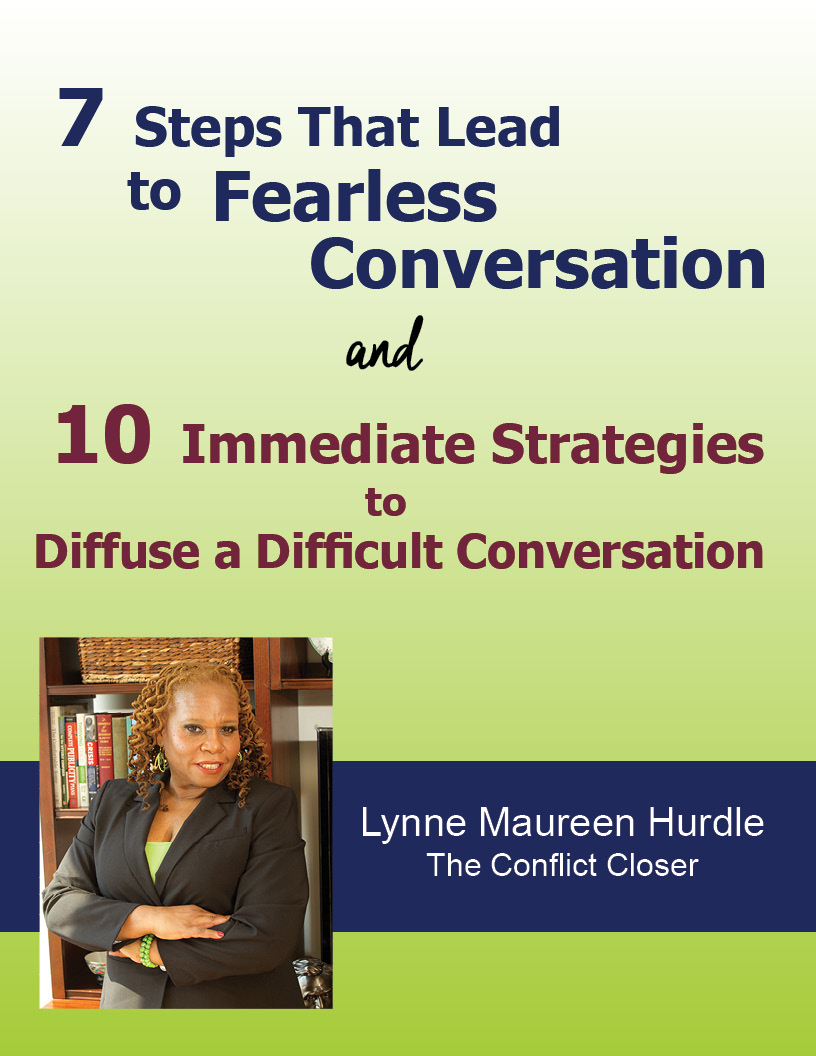You know who I’m talking about.
1. Too Perfect
While it is true that you are looking for the “perfect” candidate to add to your company, there is such a thing as too perfect. You know what I am talking about. There just doesn’t seem to be anything wrong with them even when you ask about their challenges or areas of weakness. What on earth are they hiding? Unfortunately, you will find out as soon as you hire them, so think long and hard.
2. They know more about you and your brand than you do
Yes, they have done their due diligence and researched you and the company, but they have found those stories, faux pas and secrets that even you forget. In fact, you don’t remember putting them out in to cyberspace.They know the coffee/tea or green juice you drink every morning, can quote those first awkward social media posts and proudly proclaim to be your biggest fan. This in itself may be genuine, but are they watching your every move just a bit too closely right now? Yikes! Better keep your eyes open for other warning signs.
3. A bit too eager to please
It is understandable that you want to allow for all different types of personalities and sometimes people are just very nervous on interviews. But if they are willing to change too many things including their answers to your questions in order to “please” you, then you might want to take note. Sometimes this quality shows up in a bit more subtle ways, “Oh yes I see your point, I can do it that way”. Notice more than a few of these responses and you are going to need to probe a little more. Clearly, if they offer to change their hair color to match yours, it’s time to push the eject button.
4. References speak in the language of vagueness, but all good things
Cue the danger, danger music that plays in all horror movies. Most references want to say good things about the potential candidate and the superior references will do their best to paint a full picture for you. So unless they have listed Uncle Bob and Aunt Susie as references, you are contacting them to get confirmation and a wider lens of the impression you already have. To hear responses like, “Well they really are everything they say they are”, “Areas for growth?, “I really can’t say”, “What were your impressions of them?” Combined with #1 should definitely send off signals in your brain. But if their response to your call is “Really, they listed me as a reference??!!”, you need to lose that applicant’s number.
5. They can do everything that you give them to test their skills but “secretly” they always have a better way
This one is a lot harder to get to because you need to know how to get to that secret place. A few well-placed questions and statements could gain you entrance. Ask them, “How do you handle feedback?” And then give them some of the areas that you have already identified. Ask them to “Name three feelings that come up for you when I say there are things that absolutely must be done the way I want them done, no room for flexibility” and then pay attention to their non-verbals along with what they are saying. “What is the difference between criticism and feedback?” is one I’ve used to get to the deeper levels of hidden thought and feelings. Of course, if they have high levels of defensiveness and numerous suggestions for why your feedback could be wrong or how every system you have in place and even your office decor would be better improved with them on your team then Bingo you have landed smack in the center of the land of a problem.
6. They can make your life better, but they can’t articulate the work they have done on themselves to make their own life better
Many leaders equate business with business and personal with personal. But the truth is we are all one whole being, so even though some folks may be able to leave “their personal selves” at the door for a little while, all it takes is one person to hit their trigger and suddenly it is all personal. The best leaders know that successful relationships are the key to successful businesses. The key to being successful in relationships is to identify and work on those areas where when we get triggered, they cause us to react rather than respond. If you ask them what areas they need to grow in and what steps they are taking to make necessary change and you are met with a blank stare, that is a clear warning sign that they are out of touch with themselves even if they are passing all of the work tests. When they turn it back on you and want to know all of your faults and have endless suggestions for how they can help you if you would just hire them, then you know the potential for conflict is huge.
7. Their statements are just slightly off-center of quirky or super creative in your mind
Most leaders find value in creative people and can look at things that need to be done from a new perspective, but if the answers to your questions leave you wondering what they really meant then you might want to take a deeper look. Probing questions that help them explain their perspective may give you more insight into their thinking, but if after several responses you find yourself looking at someone who is perplexed about why you “don’t get it,” they may not be who you want to bring on board. I’m Just Sayin’.
The truth is, we’ve all met Conflict Starters and some of us have even managed to let one or two on to our team and deeply regretted it.
These six tips can be helpful during those many interviews:
1. Trust your gut. You know that nagging feeling that something is just not right. In some of us, it is stronger than in others, but we all experience it. Act on it.
2. In person or by video interviews. Pay closer attention to what’s not being said verbally and what you are hearing beneath the words.
3. Several interviews even for the “smallest” of jobs. Most people can make a good first impression. Try to see them more than once and ask different levels of questions.
4. Interview with a partner or group interviews. Others can see what we can’t and question us about our thinking afterwards. How people handle themselves in groups is often telling of underlying issues and interpersonal relationships.
5. Never in desperation. We need to respond rather than react even when we are left with a staff shortage emergency. Pause, review where you are and regroup. Putting things off can often be better than wanting to fill the spot quickly.
6. Pause and consider if you can arrange for a slow feed with a probation period. We are vulnerable as leaders when we have to hire for positions that need to take important tasks off of our plate. It may not always be possible, but putting systems in place to give access to confidential information slowly until they have passed the probation period can save a lot of heartache.
Bringing people on to your team, into your company, is one of the most important things you will do as a leader. Bold leaders who know to expect some people to be really good at starting conflicts are prepared to flesh them out before they wreak havoc at work.
Are you prepared?
How many conflict starters have gotten past you?
Been there.
In Love,
Lynne





